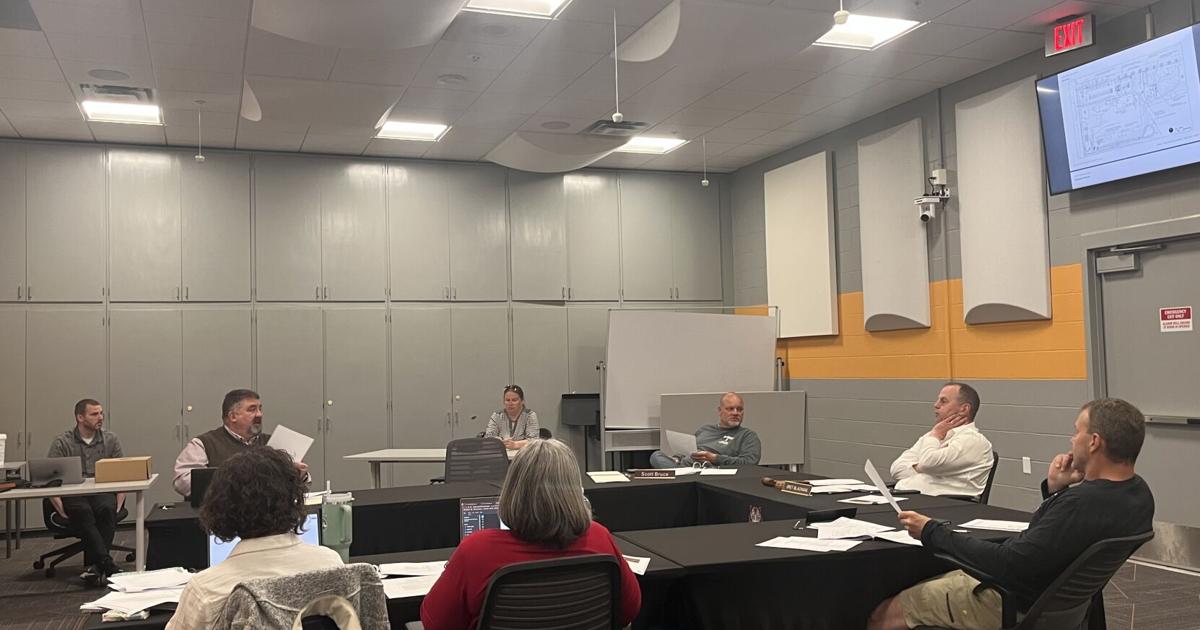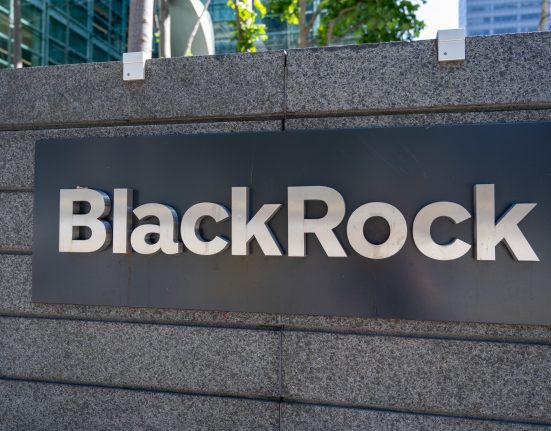(Red Oak) — Red Oak school officials and financial advisors are raising the alarm over potential property tax reform at the statehouse.
During a special work session Wednesday evening, the Red Oak School Board met with Matt Gillaspie of Piper Sandler to discuss its funding opportunities for a potential construction and renovation project at Inman Elementary School and the impacts that ongoing property tax reform discussions could have on those abilities. State lawmakers say Senate Study Bill 1227 and House Study Bill 328 would create an overhaul of the state’s property tax system, replacing a rollback on residential and commercial properties with a “revenue-restricted” system by allowing taxation at the full assessed value of a property, but limiting the amount of new tax revenues local governments can collect. Gillaspie says that while the proposal of then lowering the base tax levy rates for local governments and schools by half makes sense if you remove the rollback on residential properties, which currently only allows just over 46% of the properties assessed value to be taxable, that isn’t the case for commercial or agricultural properties.
“The first $150,000 of commercial property in any business or building gets the almost 50% rollback that residential property gets, but then anything above $150,000 its paying taxes at 90%–so if they eliminate the rollback on commercial property, yes the taxable value is going to go up, but it’s really going to go up 10%,” said Gillaspie. “Then, agricultural land today, they pay taxes on roughly 74-to-75% of the assessed value. Under the new law, they would still pay taxes on roughly 75%.”
Gillaspie notes that the homestead tax exemption for residential properties would also jump from $4,850 to $50,000 under the proposal. However, Gillaspie says most residential owners with a home valued at $200,000 or more would be paying more in property taxes. He cited an example of a home with a $400,000 assessed valuation and a hypothetical 50% rollback.
“Under the current plan, that would take your taxable value down to roughly $200,000 and then minus the $4,850 (exemption), so around $190,000ish,” Gillaspie explained. “Under the new plan, that $400,000 which would get the $50,000 reduction and that’s it, you’d pay taxes on $350,000. That’s nearly double the actual taxable value today and you’d be paying it on half the levy. So, for residential property owners, you’d actually be paying more than you’re paying today.”
The rollback on residential properties is expected to jump to roughly 47% in fiscal 2026, which begins July 1st. The legislation would also shift nearly $426 million in public school funding from property taxes to the state after reducing the base tax levy rate for school districts from $5.40 per thousand dollars valuation to $2.97. Red Oak School Superintendent Ron Lorenz says he has some misgivings about the proposal and relying more on the state, particularly in future years when the state budget could be tighter.
“How many times have we heard, ‘we’re going to set SSA really quickly so you can get your budgets done,’ and ‘by the way, we know there’s a statutory obligation we need to set that within 30 days (of receiving the governor’s budget proposal)’–they don’t even acknowledge that anymore,” said Lorenz. “So, I have no reason to believe that even though they say they will fund a greater percentage of the foundation formula, that that’s going to happen.”
Additionally, Gillaspie says if the legislation got passed, it would lead to many of their other levies also being cut in half, including the board-approved and voter-approved Physical Plant and Equipment Levies, or PPEL, and the debt service levy, with the current maximum at $4.05 per thousand dollars valuation. Following Gillaspie’s presentation, Board Member Bryce Johnson felt that much of the proposals would remove more local control from school boards.
“It’s taking a lot of control out of the control out of the school board’s hand and putting it in the state’s hands,” said Johnson. “That then allows the communities to not be able to dictate as much on how they want their school to be run and want things to happen.”
However, with Friday as the “scheduled” final day for the 2025 legislative session and neither the House nor Senate proposals making it out of committee, Gillaspie says there is still some uncertainty about whether the legislation will get passed this year. Lawmakers can take the session longer, but would not receive their “per diem” pay beyond this Friday. Also, during Wednesday’s work session, the board reviewed another alternative for the construction and renovation of the Inman Elementary building.







